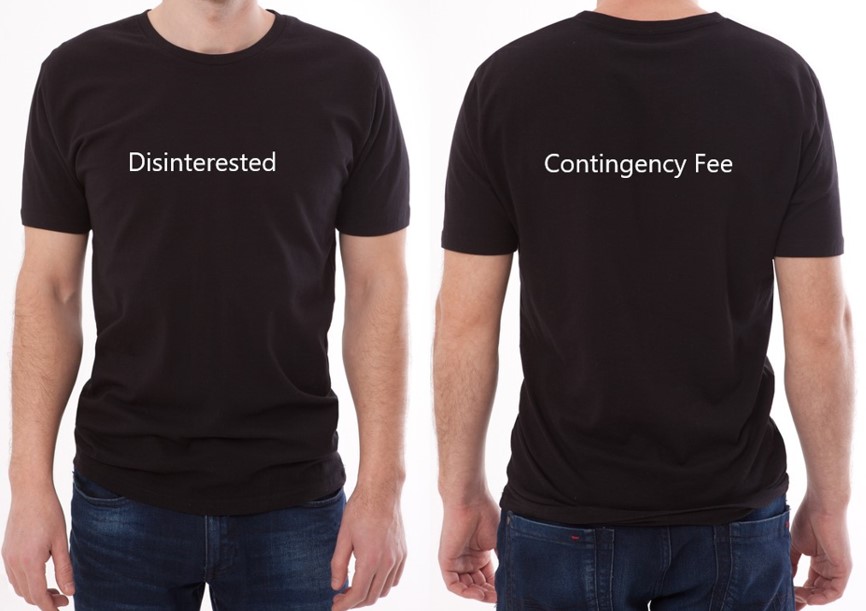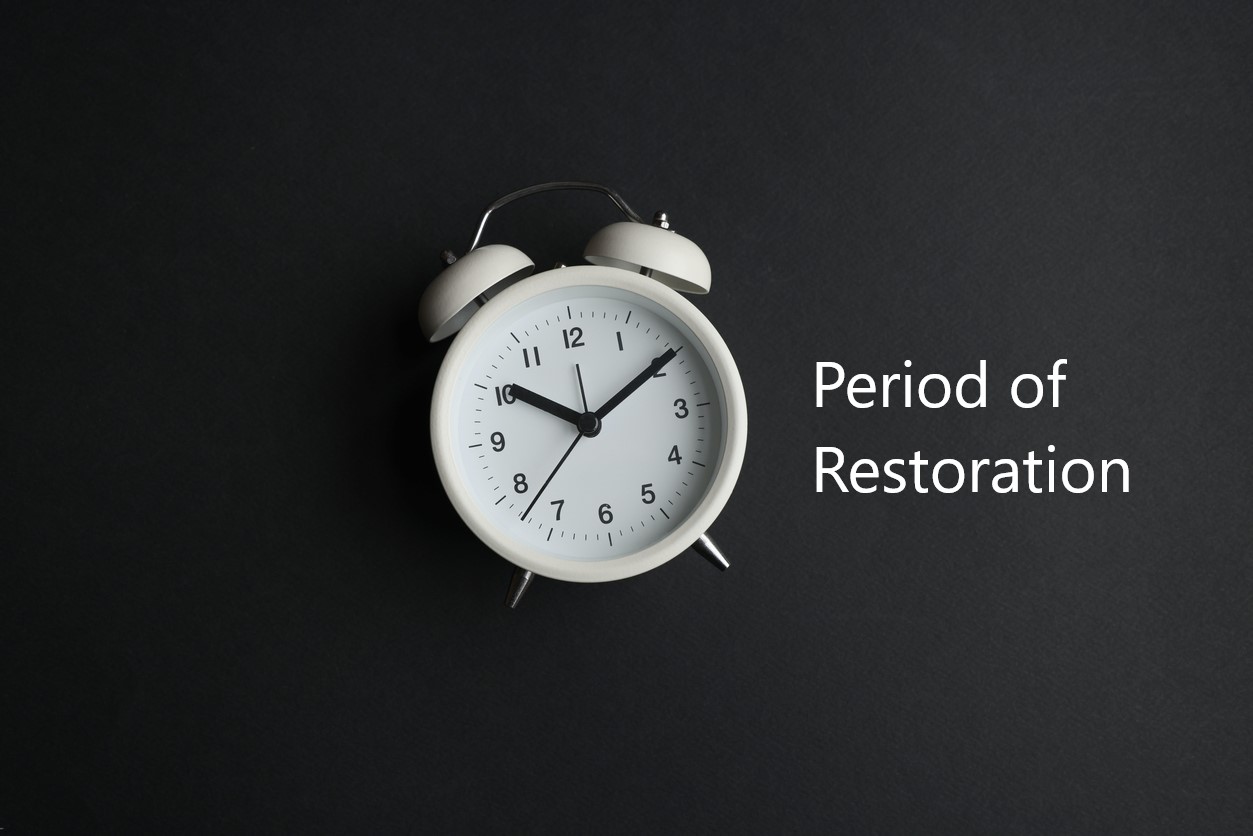Over the past several weeks I have had a number of public and private discussions with attorneys and public adjusters about the appraisal process. My post last week, Alternative Resolution Roundtable: Appraisal is the Hot Topic, had a comment from Mike Rump that I thought was worth sharing as this debate rages on:
When I began to invoke the appraisal clause on Hurricane Andrew claims, only rarely would a carrier deny the Insured’s right to invoke appraisal. In addition, most of the appraisals were settled directly with the carrier’s appraiser and the umpire was only involved in approximately 10% of the appraisals. At that time, the carrier’s appraiser was generally independent, and was free to act on his/her own without repercussions.
When I worked as an appraiser for the carrier back in the 80’s and early 90’s, I was provided a copy of the original adjuster’s estimate and the name of the other appraiser, period. When my appraisal was over, I would provide a final report which would detail the issues and when necessary, I would point out the error of the carrier’s position. I was not worried about losing an account as the result of a perceived bad appraisal award.
As time has passed, I have noticed a disturbing trend towards more and more interference in the appraisal process by the carriers. This progression has become so blatant, that only rarely do I not involve the umpire in appraisals. Many times the carrier’s appraiser will agree that the carrier’s original adjuster was completely in error, but the carrier’s appraiser will request that we involve the umpire in the final award to provide the carrier’s appraiser with "cover."
In this scenario, the carrier’s appraiser clearly does not feel free to act independently. They are clearly worried that future business is in jeopardy if for instance he agrees a roof should have been replaced when the carrier denied the roof replacement. I seriously doubt the carrier’s appraiser will provide the carrier with an honest assessment and in fact, the carrier is probably told the process "broke down again".
Is it any wonder then why these carriers want to get out of a "broken system?"
Chip, the system isn’t broken. In the event that these carriers continue to drop the appraisal clause from their policy, consumers will be left with no option but to file suit.
I realize this helps your profession, but it isn’t necessary. Your position that anything that short circuits the policy holders right to due process is bad is also completely derogatory towards my chosen profession and extremely arrogant to boot. Who better to render an opinion as to damage, than someone who has done this for a living and is a professional at assessing damage???
Florida needs advocates who fight for the consumers NOW and we need to stay on the "side of the angels."
Sounds like Mike is calling me out on this issue. From my impression, he frames it as, “if you do not agree with me, you are on the side of the insurance company.” Mike Rump is a great guy, but I simply believe he is upset that the insurance industry is removing the appraisal clause and he does not want that to happen. Here was my reply:
Mike,
I appreciate your comments and views. Sometimes, there will be disagreements among people that are normally aligned in interest.
I believe that one of the fundamental differences in our country versus many others is that we have a system of justice that provides for "due process." This is so important that it is in our constitution and most state constitutions.
Many "informal" appraisals can be "Kangaroo" courts because there are no rules. No right to confront witnesses or examine evidence. I have heard of some appraisals being conducted in bars with drinks.
The Windstorm Network recognized some of these problems and has promulgated a Code of Ethics for its certified Umpires.
Maybe your appraisals go very well. When I am involved, most of mine go very well for my clients too. However, as an attorney that represents policyholders, I get brought the appraisals where the policyholder’s outcome was not very good. Most of the time in those situations, the policyholder did not have a public adjuster or professional helping in the process. Possibly, your view would change if you saw those cases.
I have been of the view that appraisal with the arbitration rules as a procedure would be fair and practical. Indeed, this was the law in Florida for a number of years until the Florida Supreme Court said the procedure was "informal." Many would suggest "informal" means without rules.
Under the arbitration rules, parties can make the appraisal as formal or informal as they want. Or, if they cannot agree, arbitration rules apply so that everybody gets a "fair" binding process. The procedure is determined in advance. There is no binding procedure on either party or how appraisals are to occur in Florida, today.
Could you imagine playing a game of cards with no rules? How about a playing a game involving ten million dollars at stake with no rules?
If you win at that system, I guess you would want to perpetuate it. But, some may suggest that an element of fairness is to have some set criteria for how the game is played before it starts. Losers may think it was rigged against them. Clever winners may not want the procedure to change fearing that their "edge" of winning will go away if they have to play by some set of rules which both sides have to abide.
It would seem to many Americans that any system of justice which is binding and with serious consequences would have some set rules. This notion of having set rules to play by for both sides has been my chief concern for a long time.” (emphsis added)
This was the similar view and concern I previously expressed in Appraisers, Umpires and Appraisals as Valid Substitutions for the Right to a Jury Trial Depend on Viewpoint, where I stated:
…Many policyholder appraisers do not fully understand how to win the appraisal for the policyholder. They do not comprehend that the appraisal is truly an alternative dispute process that binds the policyholder.
Some may suggest that I am wrong, and that the goal of appraisal is a fair number for both sides. But, my policyholder clients may have a very different view of what fair is. So, if the insurer wants to dispute the amount in an appraisal, I want as much as I can get for my clients. After all, if there were no appraisal, my client would be asking a jury of peers for justice. But the insurance companies were historically so afraid of juries and costs, that a hybrid dispute process became standard in form insurance policies. Guess who benefitted most from that process?
Accordingly, my warning to all policyholders and those working with them in appraisals is that it is binding and should be taken as seriously as a public trial. I want the mindset of policyholders faced with an appraisal to be:
There is no second chance.
I started writing a reply that I feel better explains my impressions on this topic. Some suggest that I am opposed to appraisals for a number of reasons, including the possible loss of litigation revenue. These people do not fully understand the consequences of appraisal. I have a hard time explaining the historical importance of a jury as a core concept of American democracy, but I believe that giving up the right to a jury trial is the most important consequence of appraisal. Justice comes from the values of one’s peers in the community, not experts or government deciding what is fair and just. This is a fundamental concept of American democracy and protected by our Constitution.
Yet, if some courts and states deem a procedure without a jury and without rules to determine what a policyholder will obtain as “fair,” I have some very strong opinions about what policyholders should do and how appraisers selected by policyholders should go about their work…” (emphasis added)
The January 6 Roundtable in Tallahassee is going to be an interesting discussion. To the extent anybody has an opinion or suggestion about improving the appraisal process, I suggest that you write your opinions to the Office of Insurance Regulation or to me. I intend to submit a written view which includes much of the debate with others in other posts we have had on this topic.
Do I expect that there is a chance that appraisal will remain in insurance policies and work exactly how it has in the past? The clip below reflects my opinion on that:
https://youtube.com/watch?v=KX5jNnDMfxA%26hl%3Den_US%26fs%3D1%26rel%3D0%26color1%3D0x006699%26color2%3D0x54abd6




